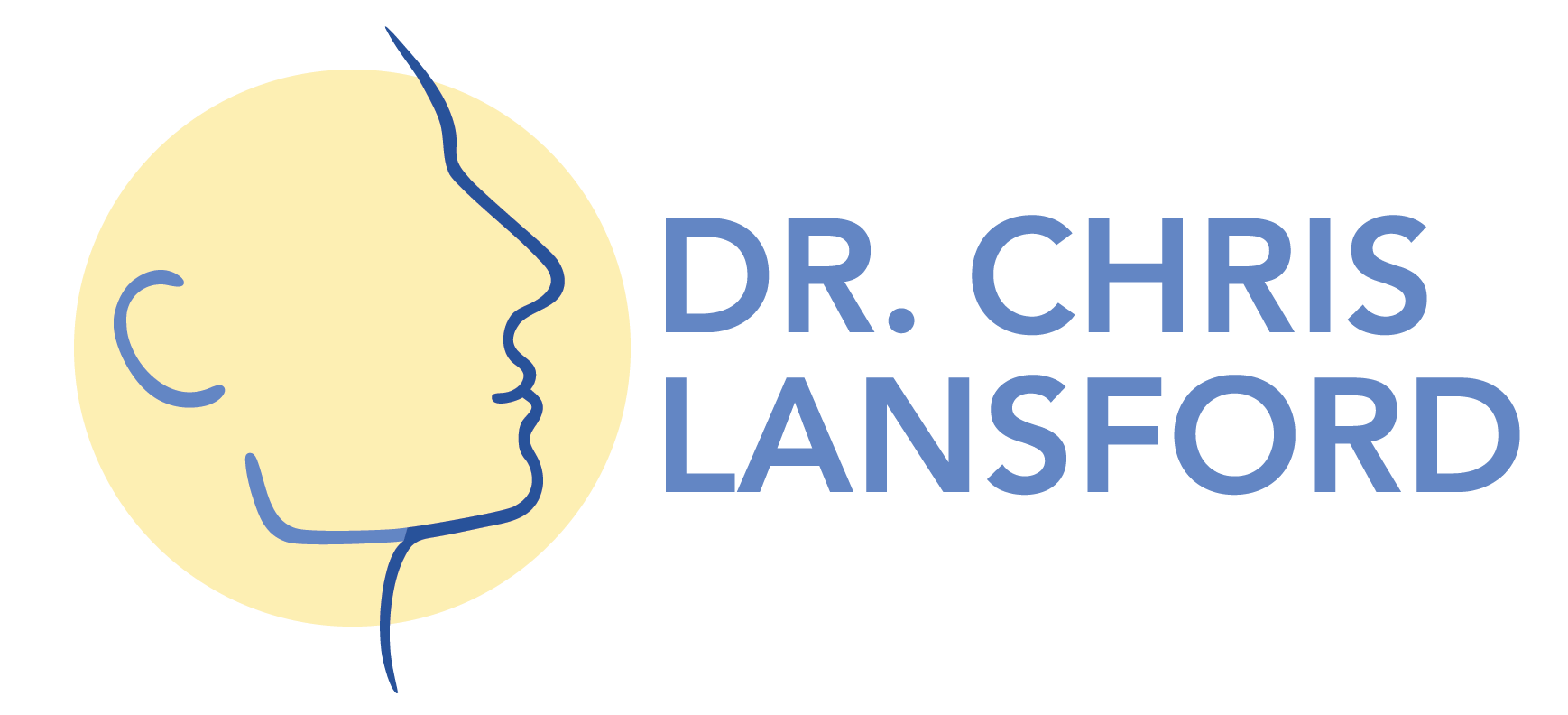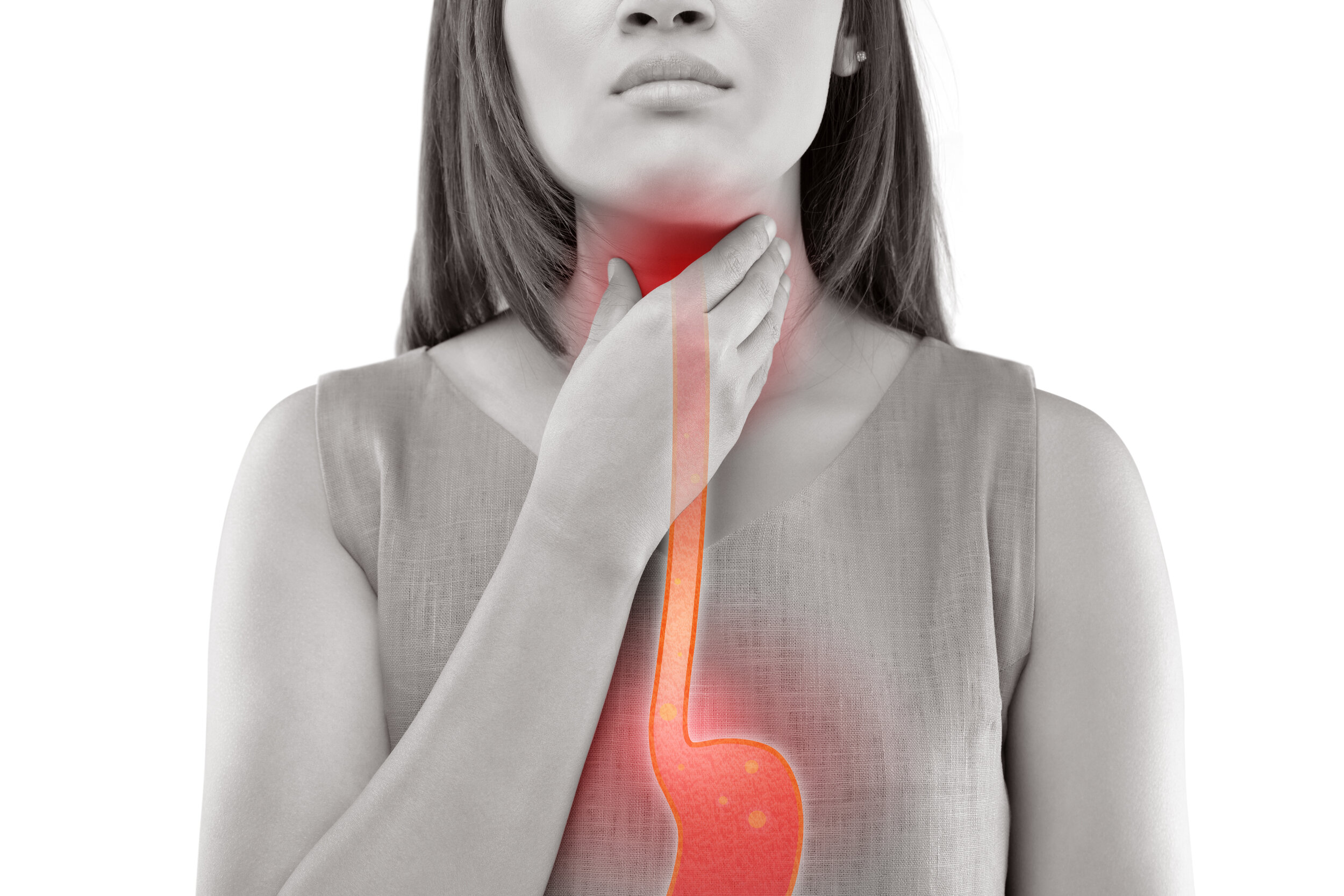Diet and Lifestyle Measures to Reduce Reflux
including gastroesophageal reflux (GERD) and laryngopharyngeal reflux (LPR)
Reflux is when stomach contents move up through the esophagus and may reach the throat, sinuses, and even the ears via the Eustachian tube. Since the stomach produces strong acid as well as digestive enzymes to break down food, stomach contents in contact with other tissues is caustic. Symptoms of reflux are not limited to heartburn, as they may include frequent throat clearing, hoarseness (especially a gravelly voice), regurgitation (a feeling of liquid progressing up the esophagus or throat), and symptoms of Eustachian tube dysfunction or sinus infections. The simplest way to minimize reflux is to undertake the following dietary and lifestyle measures. These measures may be combined with other types of therapy if needed. While it is impractical to adhere to these guidelines perfectly, bear in mind that a reduction in reflux-promoting factors may yield improvement.
Dietary and Lifestyle measures to minimize reflux are as follows:
Avoid these items that cause the esophageal sphincter to relax during their digestion:
Coffee and other caffeinated beverages
Chocolate
Fatty foods, including whole milk
Mints (Peppermint and Spearmint)
Alcohol
Limit acidic foods that make the irritation worse when they are regurgitated. These include citrus fruits and tomatoes.
Avoid carbonated beverages. Burps of gas cause the esophageal sphincter to open and can promote reflux.
Eat smaller, more frequent meals, since large meals can overfill the stomach.
Do not lie down for 1-2 hours after eating or drinking, as gravity no longer helps hold contents down.
Elevate your head above your stomach while sleeping. A mechanical bed, a foam wedge made for this purpose are good options. Elevating the head of your bed at least six inches with wooden blocks under the legs is another option. Pillows tend not to work for this purpose. Lying on your left side also can help reduce acid reflux.
Avoid pain relievers such as ibuprofen, naproxen, diclofenac, celecoxib, mefenamic acid, etoricoxib, indomethacin, and aspirin unless they are necessary according to your primary physician. Acetaminophen (Tylenol) does not promote reflux.
Do not smoke.
Lose weight if you are obese. Obesity can make it harder for the esophageal sphincter to stay closed and pressure on the stomach from a large abdomen squeezes the stomach.
Avoid wearing tight-fitting garments. Increased pressure on the abdomen can open the lower esophageal sphincter.
What to eat while trying to minimize reflux:
Vegetables are naturally low in fat and sugar. Good options include green beans, broccoli, asparagus, cauliflower, leafy greens, potatoes, and cucumbers.
Whole grains, such as oatmeal and whole-grain breads and rice have high fiber, which lessens reflux.
Non-citrus fruit, such as apples, pears, bananas, and melons.
Lean meats, like grilled, broiled, or baked chicken, turkey, fish, and other seafood. The low fat helps lessen reflux.
Egg whites, because of their low fat content, are another great way to get protein while minimizing reflux. Egg yolks are fatty and therefore may be excluded for reflux purposes.
Healthy fats, like avocados, walnuts, flaxseed, olive oil, sesame oil, and sunflower oil help reduce reflux and are healthier for the vascular system than saturated fats and trans fats.




